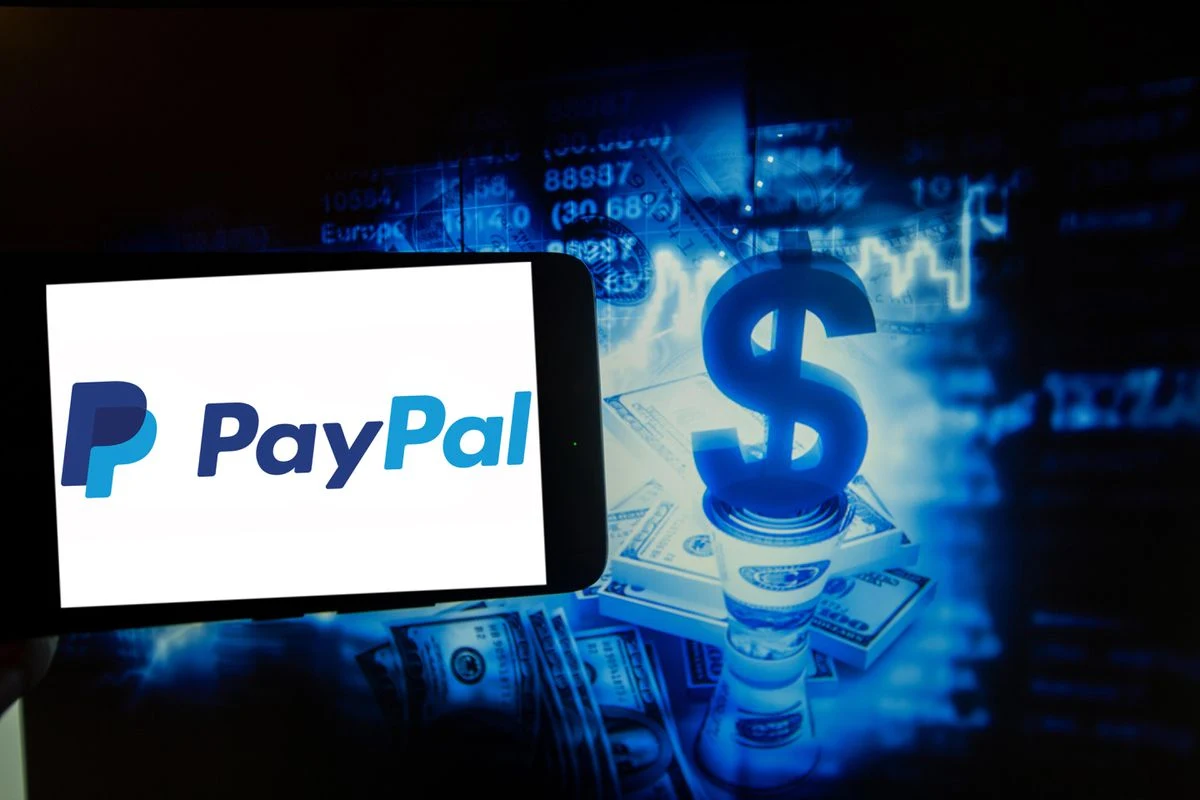PayPal Holdings, Inc.'s ( PYPL ) interest in cryptocurrency is not new, but over the past quarter the company has taken the plunge, in...
"I would describe the type of user on our platform right now as more of the crypto-curious," said PayPal CFO John Rainey on the fourth-quarter analyst call earlier this month. "We're not getting these heavy day traders in crypto – it's more a casual customer that is somewhat intrigued by this and now has a trusted digital platform where they can go out and buy this and hold this, and then eventually be able to use this as a form of payment," Rainey noted that PayPal has also set volume limits on its platform.
PayPal's rollout of crypto offerings is in line with its mission to become a one-stop-shop, a closer competitor to a company like Alibaba Group Holding Limited's (BABA) AliPay in China offering a range of services. "That's really the promise of a super-app, where you can live a lot of your digital life on one app and then be able to manage all of your transactions in one place, track them all, and have personalized, customized recommendations," CEO Dan Schulman told MarketWatch. Last quarter, PayPal also made investments in TaxBit, cryptocurrency tax software, and Paxos, a blockchain platform that PayPal uses to provide crypto services.
PayPal's cryptocurrency expansion along with other market players like Visa Inc. are likely to create the so-called network effect and faster adoption rates. "We are eager to work with central banks and regulators around the world to offer our support, and to meaningfully contribute to shaping the role that digital currencies will play in the future of global finance and commerce," Schulman said.
"One of the things that I particularly am most excited about is what we're seeing around the levels of engagement of these users," Rainey said. "This really fits with this thesis that we have around, as we add additional products and services that are attractive to our consumer base, it creates a stickiness to our platform where we really are going towards this everyday financial app, and we're quite excited about that."
For PayPal, it's still early days, but it may change as users are able to use cryptocurrencies to make purchases and crypto trading is available in more markets. Customers will be able to use crypto to pay for goods at 29 million merchant locations by the end of the first quarter, the company said.
"For us to see an outsized impact on our business certainly to the point where it's starting to move the dial on the overall growth numbers of our business we are a little bit of a ways out on that right now," Rainey told analysts. "When we allow our customers to use crypto to go shop at our merchants, our network of [nearly] 30 million merchants around the world, that's where this halo effect or indirect benefit, that's where it gets really attractive on a margin basis, because the funding cost of that being so low."








